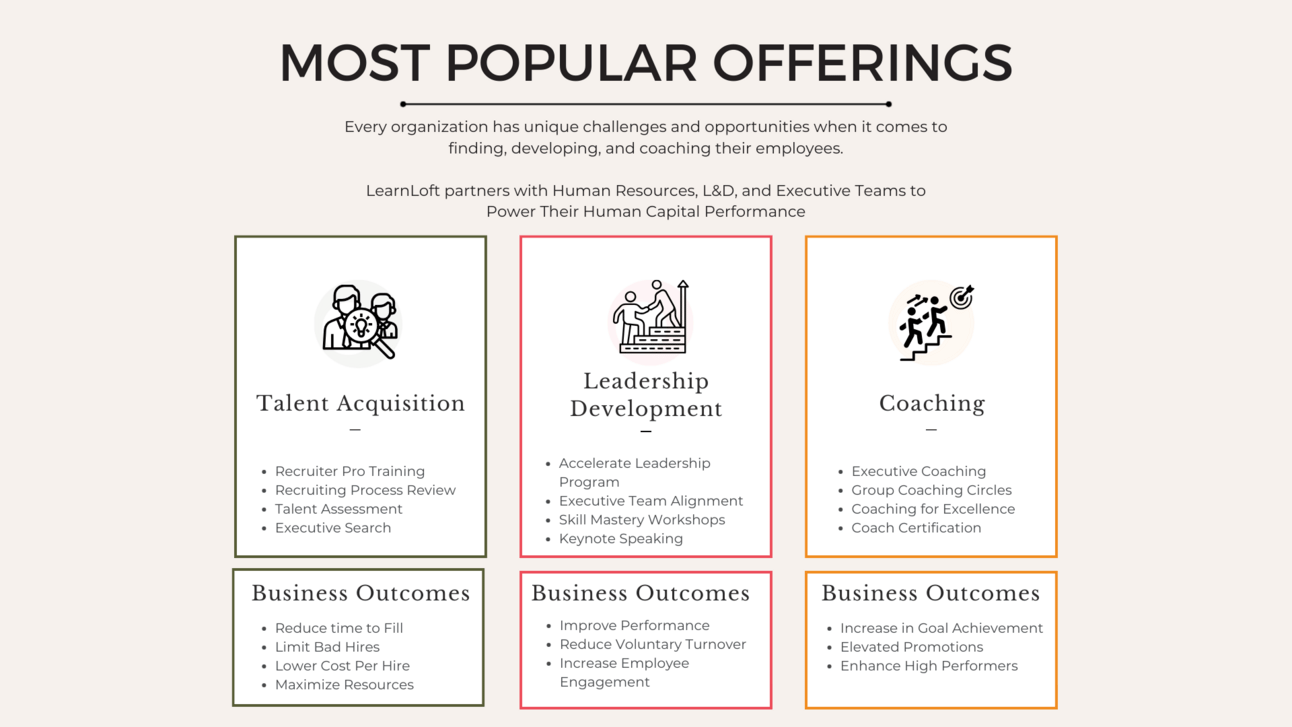3 Insights for Your Leadership Journey
It’s not big things; it’s tiny things that separate high performers from those who wish they were high performers. While technical skills will always matter, leadership skills matter as well. If you care about being a high performer or developing high performers on your team, here are three principles to remember:
I. No matter how much you change and no matter how much you improve, it’s not permanent.
What it means:
The desire to improve your performance and be in a constant state of improving your skills is an intoxicating place to exist. To see the hard work professionals undertake to make fundamental changes in themselves feels like permanence should be a part of the payoff. Unfortunately, that’s not how it works. Whether it be hard skills or soft skills, you have to work to get better continually. The depth of your continuous improvement mindset sets the ceiling of your development.
What matters is what you make of the talents you have been given.
What it means:
One of my favorite authors, Seth Godin, wrote, “Talent is something we’re born with: it’s in our DNA, a magical alignment of gifts. But skill? Skill is earned. It’s learned and practiced and hard-won. It’s insulting to call a professional talented. She’s skilled, first and foremost. Many people have talent, but only a few care enough to show up fully, to earn their skill. Skill is rarer than talent. Skill is earned. Skill is available to anyone who cares enough.”
If you skimmed Seth’s words, do yourself a favor and reread them. You can’t control what talents God gave you, but you can control what you make of those talents. The skills you work hard to develop aren’t meant for you. They are meant for the service of other people.
III. What gets measured gets done.
What it means:
Drucker’s basic idea is that people are more likely to act on information when they are measuring something. While true about most things, it’s interesting when considering soft skills. In some ways, I don’t blame people for stopping short of developing their soft skills because they are intangible and difficult to measure. It’s easier to recognize a glaring gap in these skills versus something who has mastered them.
For example, all leaders communicate with their team members, but not all are effective communicators.
So, by process of prioritization, once a soft skill isn’t a glaring issue that holds you back, you move on to skills that are more easily measured. Reject this temptation. Just because soft skills are hard to measure makes your focus on them even more essential and differentiated because most people will ignore them.
Keep Leading Your Best,
John Eades
Positive Self Talk Matters (Video)
@johngeades The words you say to yourself are the most important words you say. #confidence #selflove #leader #foryou
The “Mighty Skills” of High Performers

The True Measure of a Leader (Podcast)
Today’s Leadership Trivia — Guess Right and Win
Each month, we pick someone who answers the trivia question correctly to win a digital copy of the upcoming 64-Day Excellence Planner. Just click on the right answer below:


